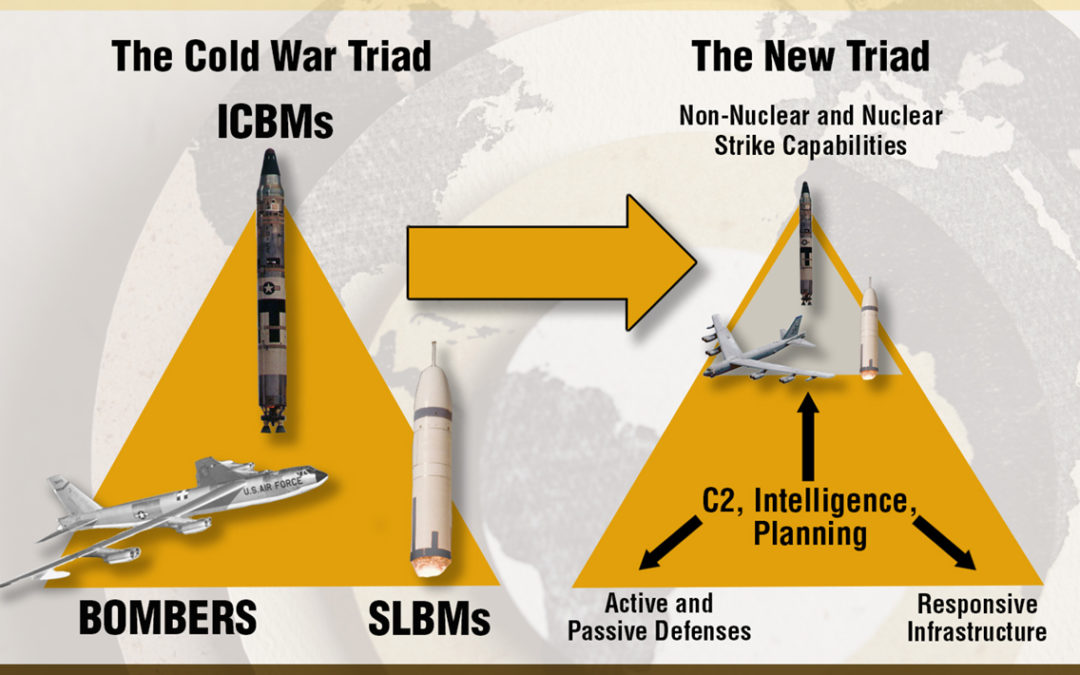Suggested Articles
14-20 April 2019
1. Add two more legs to our nuclear triad, or we’ll lose the next war

PAI advisor Dr. Peter Pry writes about changing the Nuclear Triad in ways that will continue to keep America safe. Dr. Pry argues that active and passive defense must be added to the United States nuclear capabilities. Passive defenses focus mainly on hardening the grid, both civilian and military, against EMP threats. Active measures would include newly developed space-based weapons that could serve two purposes, defense against ICBMs and as a vital piece of weaponry. As China and Russia remain nuclear threats to the United States, now is no time to allow them to tip the nuclear fight in their combined favor.
2. Space diplomacy: A better way to combat China’s challenge
General Kwast of the United States Air Force explores a new way to maintain America’s position in the world, by controlling outer space. Kwast reminds readers that in almost everything Americans do, from sending a message on their phones to pulling money from an ATM, information is sent through systems connected to space. China continues to achieve every benchmark and milestone for space development that they set for themselves; their next aspiration – 5G network expansion across the globe – promises to be no different. The United States must stand with coalition allies and build on its own space-based capabilities. The US, as the world’s pinnacle symbol of freedom and liberty, should strive to support the world as an alternative to China.
https://thehill.com/opinion/national-security/434651-space-diplomacy-a-better-way-for-a-new-era?amp
3. Adapting Command and Control for 21st Century Seapower

Hudson Institute Deputy Director Bryan McGrath analyzes American sea power and the challenges that will arise as the US moves from ground conflicts to great power struggles. Sea power is vital to the protection of both the United States and the world as a whole, deterring major threats from nations like China which would otherwise assume control in places like Taiwan. McGrath argues that new Command and Control processes (Command and control (C2) are norms, technologies and processes that enable US and coalition forces to properly function as a unified military front) must be developed in order to ensure that the United States Navy and United States Marine Corps can effectively execute their mission in the face of great power conflict.
https://www.hudson.org/research/14962-adapting-command-and-control-for-21st-century-seapower


 PAI is a think tank devoted to research and analysis of political, philosophical, economic, social, and cultural issues from a uniquely Midwestern perspective. We are grounded in the principles of classical conservatism, which has roots in the very foundation of Western civilization and the classical period.
PAI is a think tank devoted to research and analysis of political, philosophical, economic, social, and cultural issues from a uniquely Midwestern perspective. We are grounded in the principles of classical conservatism, which has roots in the very foundation of Western civilization and the classical period.